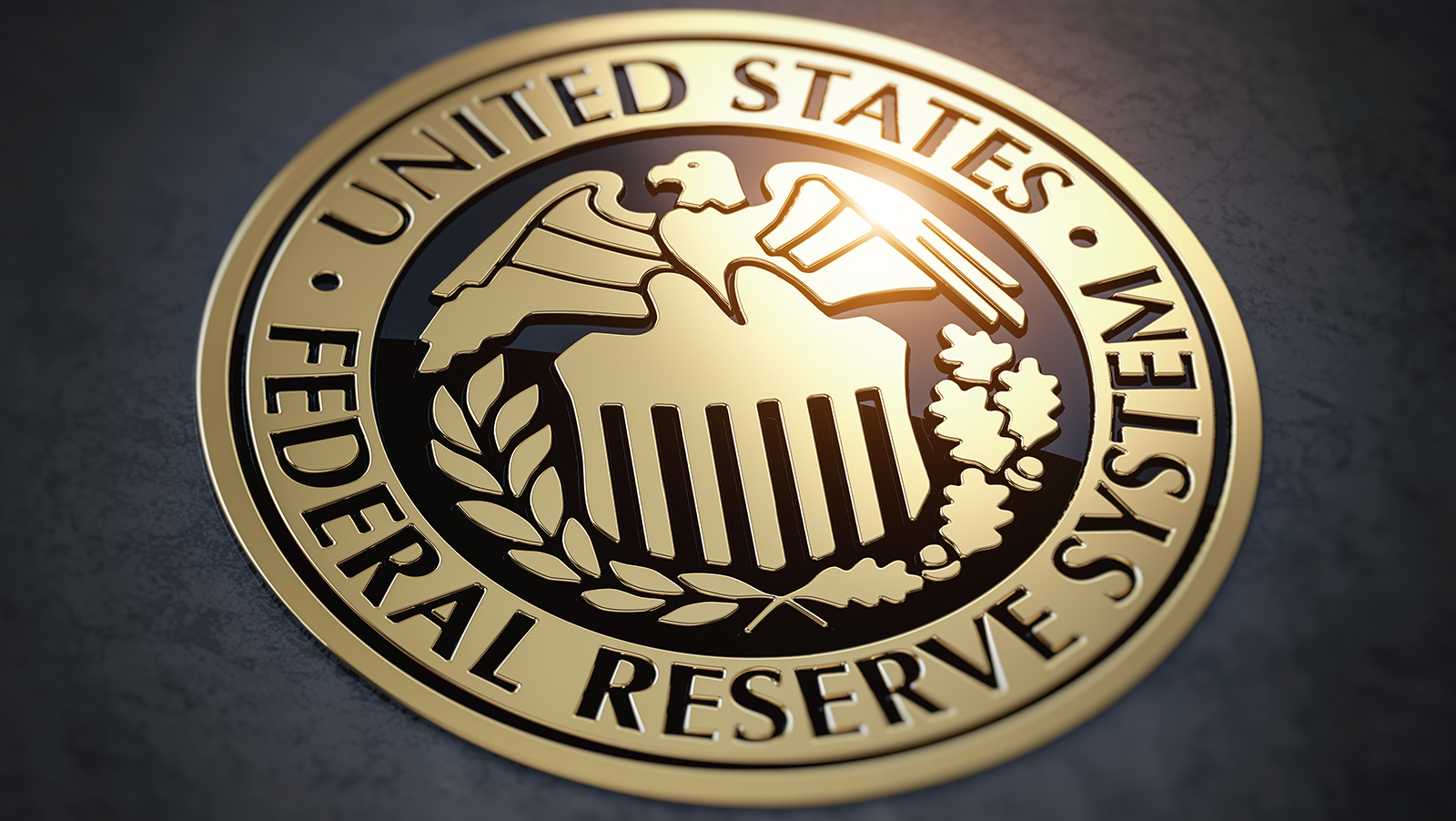Casinos, hotels and other similar properties are facing heat over outrageous resort fees that are sometimes hidden and which can often drive up rates visitors pay almost 50%. While no one will deny the fact that a business has the right to try to make a profit, when it has to turn to shady practices to increase its bottom line, things are getting out of hand. It’s unfortunate that it may take a federal law to hold businesses more accountable, instead of relying on the businesses to run an ethical operation that is always above board. However, that’s exactly what’s happening, as federal lawmakers are having to take time out from worrying about more pressing matters to babysit certain businesses.
 A bipartisan bill, House Resolution 4489 (HR 4489) has been introduced by two lawmakers, Representatives Eddie Bernice Johnson from Texas and Jeff Fortenberry from Nebraska, that seeks to force resorts and hotels to disclose the full price of their accommodations up front, including all tacked on fees. The only item that can be kept separate would be taxes.
A bipartisan bill, House Resolution 4489 (HR 4489) has been introduced by two lawmakers, Representatives Eddie Bernice Johnson from Texas and Jeff Fortenberry from Nebraska, that seeks to force resorts and hotels to disclose the full price of their accommodations up front, including all tacked on fees. The only item that can be kept separate would be taxes.
HR 4489, also known as the Hotel Advertising Transparency Act of 2019, points out that hotel and resort operators in the U.S. are expected to earn over $3 billion this year from the resort fees. The fees wouldn’t be prohibited, but they would have to be integrated into the nightly room rate, along with anything like venue fees resorts want to charge.
Fortenberry explains, “When travelers search for hotel options, they deserve to see straightforward prices. They should not get hit with hidden fees that are designed to confuse consumers and distort the actual price.”
The properties will try to justify their actions by stating that it’s the visitor’s responsibility to read the fine print and understand all associated charges. However, this is nothing more than a weak rationalization of a practice designed only to confuse consumers and put more money in the venues’ pockets. They argue that the fees are needed in order to cover ancillary services they provide, but this is akin to McDonalds starting to charge extra for forks and spoons with their meals. It’s part of the cost of doing business.
The venues assert that the fees go to cover charges such as Wi-Fi, the printing of boarding passes, phone calls, etc. However, the fees are mandatory – even for guests that don’t take advantage of any of the services.
Johnson adds, “Consumers should be able to enjoy their vacation without being ripped off and financially burdened. This bill would require that the prices advertised by hotels and online travel agencies must include all mandatory fees that will be charged to a consumer, excluding taxes.”
Fortenberry represents one of two states that has become fed up with the resort fee debacle. Its attorney general (AG), Doug Peterson, is suing Hilton Hotels over the practice after Washington, DC’s AG, Karl Racine, launched its own similar lawsuit against Marriott International.